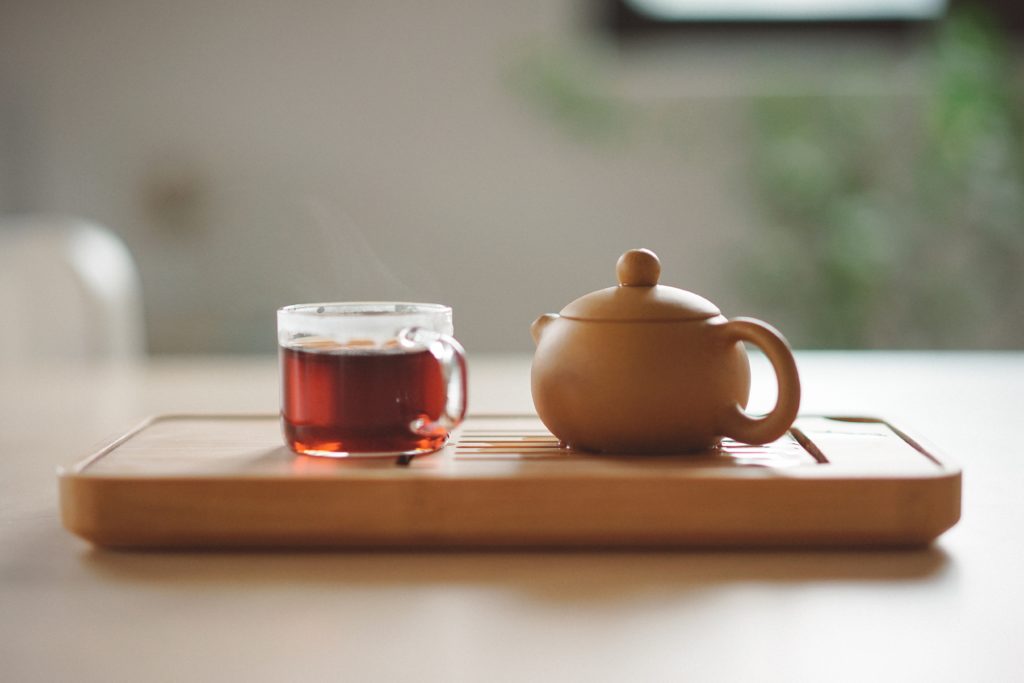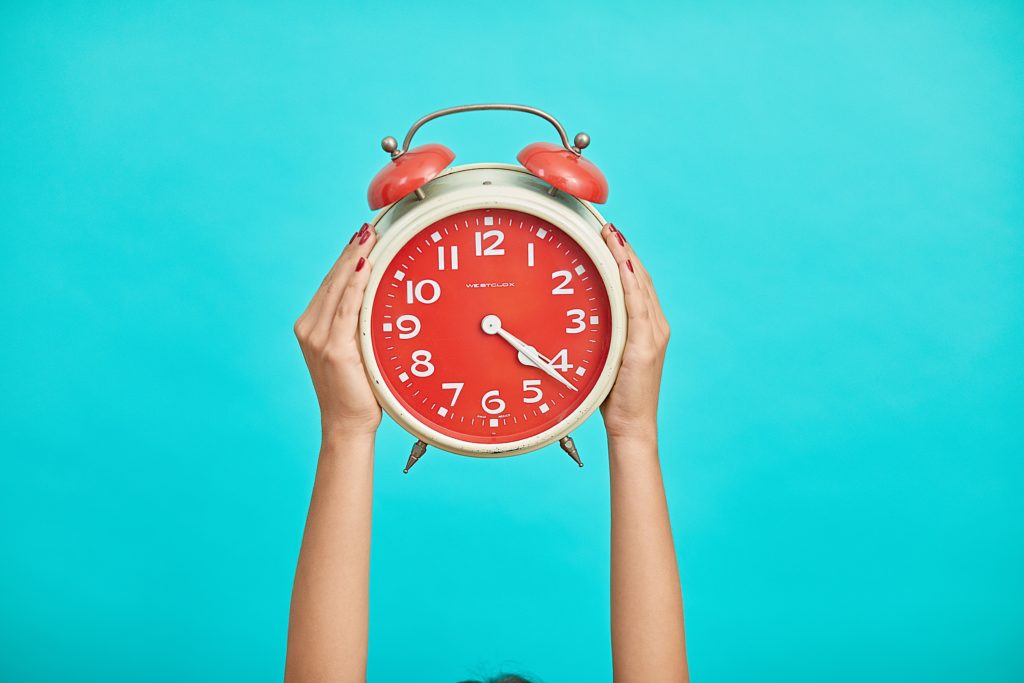- Cloud 9 Acupuncture & Integrative Medicine22 West Padonia Rd. Suite A-203
Timonium, MD 21093 Follow Us!
Depression
Acupressure Points to Help Depression
We’re confident that you’ve heard of acupuncture, but do you know where it comes from?
The study and practice of acupuncture and acupressure have been used in Traditional Chinese Medicine (TCM) for thousands of years and is an ancient healing technique. Acupressure and acupuncture apply the same principles, but acupressure uses pressure points instead of needles to achieve the desired results. continue reading
Best Teas for Mind and Body
What’s in your mug? There are coffee enthusiasts, and there are tea aficionados. If you’re a bigger fan of tea, then you already know how it can directly impact your mind and body. Whether it’s your first beverage in the morning or your last before bed, drinking tea is part of a routine that helps many people get through the day and establish a sense of well-being. If you want to be more intentional about drinking tea, here is an overview of the best teas you should be drinking.

For Physical Health
Tea is defined as an aromatic beverage. It just requires hot (or cold) water to infuse the flavors and other compounds into your brewed cup. For physical health, various types of tea feature elements that have a positive impact on your body.
Digestive Health
- Peppermint tea has a minty and cool flavor. It can help calm an upset stomach if you’re feeling nauseous or generally queasy. It’s also great for bloating and indigestion.
- Chamomile also works against bloating and nausea. It’s also helpful for irritable bowel syndrome and colic.
- Fennel tea can help settle stomach pain, including heartburn and bloating.
Sickness
- Green tea is rich in antioxidants and has anti-inflammatory properties. It can also help boost your immune system.
- Hibiscus tea features useful vitamin C and antibacterial properties.
- Ginger tea helps relieve muscle aches, motion sickness, and headaches. It can also help loosen congestion and relieve a sore throat.
Cramps and PMS
- Ginger tea helps relieve muscle aches and can be beneficial for increasing comfort during menstrual cramps. It can also help reduce heavy blood flow.
- Tumeric tea features curcumin, a biologically active compound that helps relieve pain.
Inflammation
- Green tea contains health-promoting compounds called polyphenols that inhibit inflammatory responses.
- Holy Basil tea helps the body overcome physical stress. It’s rich in vitamins A and C, calcium, zinc, iron, and chlorophyll.
- Rose Hip tea contains antioxidants, beta carotene, and vitamins C and E.
For Mental Health
- Herbal teas can help stimulate mental health by bringing about specific effects that include relaxation and tranquility. A cup of tea can also help reduce stress and anxiety while increasing mental focus.
Calm and Relaxation
- Lavender tea is caffeine-free. It’s known for its aromatic head that can help induce relaxation and calm agitation.
- Lemon Balm tea helps calm restlessness and reduce feelings of alertness. It’s also beneficial for reducing nervousness.
- Hawthorn berries are tiny fruits that grow on trees and shrubs. Making hawthorn tea has been known to calm emotional distress and lower blood pressure.
Insomnia
- Valerian Root tea can help ease the inability to sleep by reducing the amount of time it takes to fall asleep.
- Catnip tea contains nepetalactone, which induces drowsiness, reduces anxiety, and calm restlessness.
- Banana tea helps blood vessels and muscles relax, allowing you to stay asleep longer.
Tips for Adjusting to Daylight Savings Time
It’s been about a week since we’ve set our clocks back an hour to accommodate daylight saving time. Although we’ll be on this schedule until March 2020, many people may still be having trouble adjusting. It’s just an hour, but that’s enough to throw off your internal clock and rhythm. If you’re feeling unusually fatigued and groggy, there are some changes you can make to help you get used to the shift.

1. Stick to Your Schedule
While it may seem counterintuitive, don’t change your schedule to accommodate the shift in time. Sticking to your usual schedule will help your body gradually adjust to the time change. Trying to stay awake for an extra hour could be more of a shock to your system than you intend. Therefore, if you usually go to bed at 10 p.m., you should continue doing that. The same goes for the time that you typically wake up. Maintaining a consistent schedule will help automatically regulate your sleep patterns. You’ll feel less groggy and exhausted. In addition, check out these sleep tips:
- Create an optimal sleep environment with temperature and darkness
- If it’s helpful, use white noise or other ambient sound devices or apps
- Make sure that your mattress has your ideal level of firmness
- Avoid using electronics directly before bed
2. Take In As Much Sunlight As Possible
During this time of year, the average time for sunset is 4:55 p.m. The extended time of darkness has various physiological and psychological impacts. Some people even experience seasonal affective disorder — a type of depression related to the change in the seasons. To combat these effects, try to take in as much sunlight as possible throughout the day. Wrap up and take a quick walk outside during our lunch break. You could also open your blinds and curtains in the morning to start your day with a full dose of sunlight. Here are a few ways you can get more sunlight:
- Go for a jog or walk (at least 20 minutes)
- Keep the blinds open in your office space
- Consider light therapy using a lightbox
3. Rethink Your Evening Routine
Although you’re sticking to your established sleep schedule, it will be helpful to rethink your evening routine. It will help you wind down and settle your body and mind so you can rest. Enjoy your dinnertime, but give your body time to digest before getting into bed. Get into a peaceful rhythm with your body with stretching and meditation. Open up a new book to keep your mind active while saving your eyes from the blue light of electronics. Consider adding these activities to your routine:
- Take a warm bath a couple of hours before bedtime
- Start writing in a gratitude journal
- Spend uninterrupted time with family/children
7 Questions You Need to Ask Your Acupuncturist {Video!}
Check out the Zoom Video link below “7 Questions You Need to Ask Your Acupuncturist”
with our Acupuncturists, Jaeok, Nancy, Kelly, Laura & Emily.
https://zoom.us/recording/play/3WfHQr_VArLXUuYNlB8YshJmso3p9tyHIyVpBVsmYlDAinSdJRnqgKdzxymTePsY
At Peace Instead of In Pieces
Lately we’ve had a huge surge in New Patients. Most of these patients are completely new to acupuncture, some are not. Some saw another acupuncturist years ago for a few visits perhaps. One of my takeaways as one of the 6 acupuncturists here at Cloud 9 from the past few weeks is a reminder of just how powerful it can be to have a practitioner provide deep listening.
What do I mean by “Deep Listening?”
Many of our patients recently have said their peace and then looked at me with a soft smile and said, “wow, I feel like I’m talking to my therapist, but I’m more relaxed. I feel so much better.” Usually followed by, “Does anyone else ever tell you that?”
The answer is Yes. Many times. The reason patients have this healing experience so often is because we set a supportive environment where patients can bring any of their concerns or life difficulties to the table to be tended to. As an acupuncturist, I was also given years of training as a Wellness Coach, giving mindset shifting tools to carefully craft and curate for each individual patient at hand.
That’s not to take away from a psychologist or therapist. We refer out to therapists all the time and we respect the amazing work they do. At the same time, we acknowledge that acupuncture brings healing to what the Ancient Chinese described as “Body/Mind/Spirit” and we tend our patients knowing that what ails the mind will show up in the body, and what ails the body will weigh heavily on the mind. We are here to tend you by looking at you holistically (and as a whole).
I look forward to seeing you on the table soon, so we can continue to help you Find Peace, and Bring Your (maybe not so broken?) Pieces back together.
